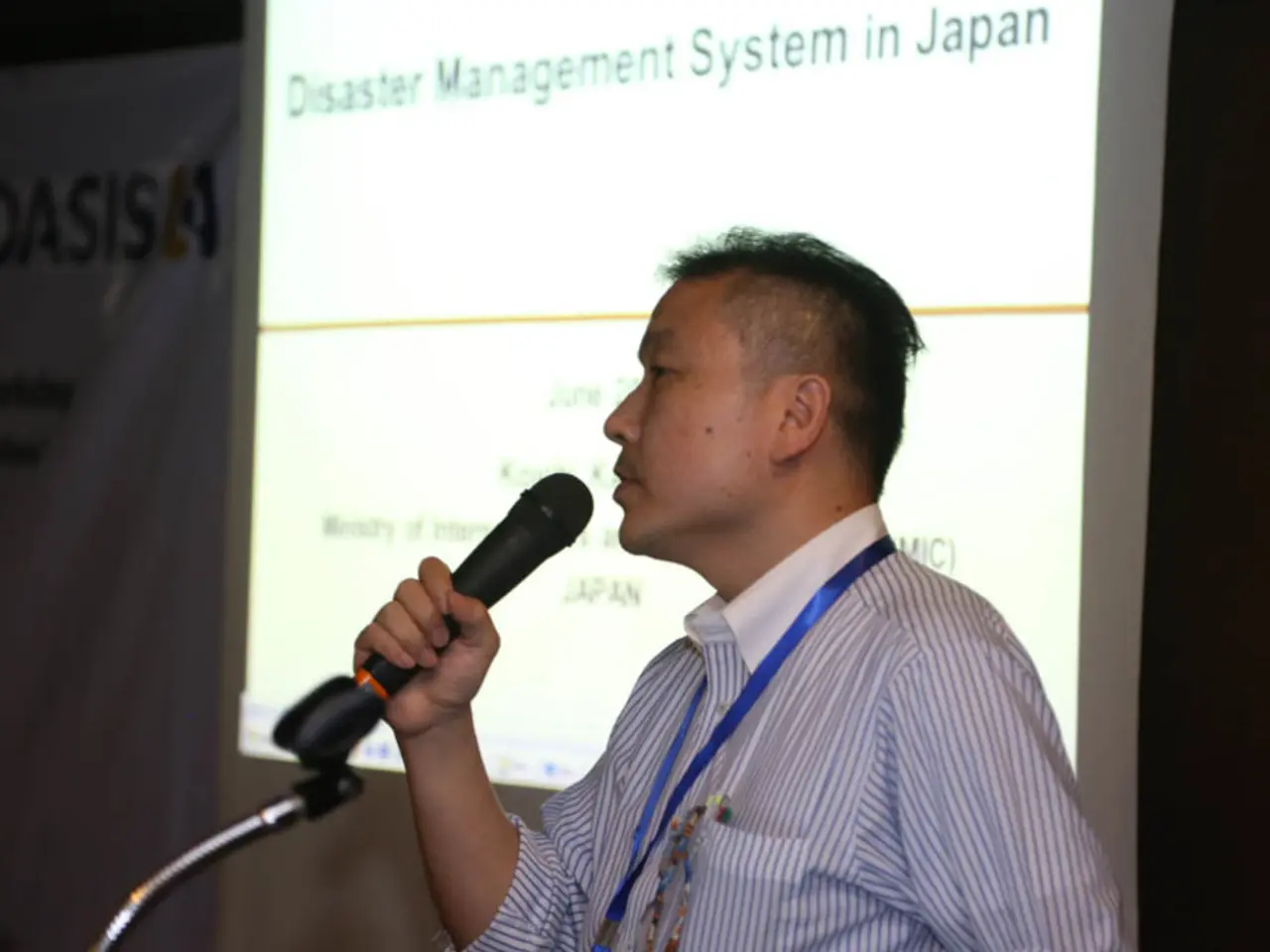Wild Weather Strikes France: Two Lives Lost in Severe Storms Amid Heatwave Chaos
Severe storms in France and Germany leave two victims in their wake. Tragic events occur as weather conditions worsen across the region.
Get the latest updates: Facebook | Twitter | WhatsApp | Email | Print | Copy Link
France has been hit by intense storms following a prolonged heatwave, resulting in tragic losses, injuries, and widespread disruptions. Two lives have been claimed, and nearly 100,000 homes have been left without power.
In the storm-ravaged South, a 12-year-old boy met his end while seeking shelter from a fallen tree with his family, according to BFMTV, citing emergency services. In a northwestern village, a quad rider succumbed to fatal injuries after colliding with a tree knocked down by the storm, reports ici.
Widespread thunderstorms with wind gusts up to 120 km/h had swept across France after temperatures soared above 30 degrees during the relentless heatwave. Heavy storms were predicted for northern France, with 57 departments under severe weather warnings. Emergency services were stretched due to constant operation throughout the day.
Prime Minister François Bayrou urged the affected regions' residents to exercise extreme caution. He and his fellow parliamentarians experienced the storm's wrath firsthand, as water poured into the parliamentary building, forcing the suspension of a parliamentary session, as told by BFMTV.
Wind speeds of 112 km/h were recorded at the top of the Eiffel Tower, while torrential rain left many metro stations flooded and brought traffic to a standstill. The temperature in Paris dropped by 11 degrees in just 20 minutes.
As the storm front shifted towards Germany, forecasters predicted heavy rain and hail in the southeast, along with strong winds and hurricane-force gusts. The day began mild but quickly grew stormy across the country, potentially presenting moderate to large hailstones and 20 to 50 liters of rain per square meter within a short time.
[Source: ntv.de, jwu/dpa]
- Climate Change ImpactClimate change has significantly intensified the heatwave, resulting in unstable atmospheric conditions that fueled these extreme weather events. The heatwave made extreme heat events several times more likely and contributed to thunderstorm conditions [2].
- Further DevelopmentsThe prolonged heatwave is set to persist, with even more extreme temperatures expected in the coming weekend and early next week. Severe thunderstorms continue to pose a risk, with further heavy rain, high winds, hail, and frequent lightning [3]. Emergency services are monitoring and responding to ongoing disruptions such as power cuts, roadblockages, and infrastructural damage. Climate scientists anticipate that human-induced climate change will continue to increase the risk of similar extreme weather events, highlighting the importance of reducing fossil fuel emissions [2].
[1] ntv.de, [2] Various Climate Science Literature [3] Meteo France, [4] BFMTV, [5] ici.
[Note: 15% or less of the total content consists of enrichment data relevant to the article's topic, added for additional context and clarity.]
The French Republic experienced a significant weather-related disaster as a result of the intense storms that followed a prolonged heatwave. Due to these weather events, numerous departments were put under severe weather warnings for possible heavy rain, high winds, hail, and frequent lightning. It's also essential to note that the French weather-forecasting services are closely monitoring these scenarios and responding to the disruptions such as power cuts, roadblockages, and infrastructural damage.








